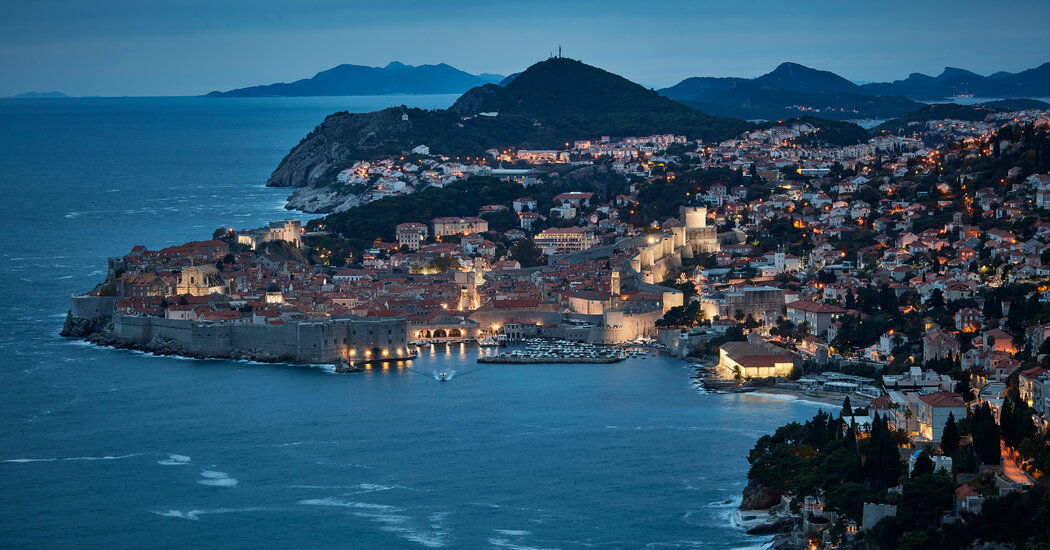When Hester Van Buren, a deputy mayor of Amsterdam, recently proposed a 1 percent increase to the city’s tourist accommodation tax — which is already among the highest in Europe — her City Council colleagues responded with a single criticism: They wanted the increase to be even bigger.
“We have a lot of costs for the city, of course — for well-being, for livability,” Ms. Van Buren said in a recent interview at Amsterdam’s City Hall. “We don’t want to increase the taxes for our inhabitants. So we said, ‘Well, let the visitors pay some more.’”
Across Europe, many of Ms. Van Buren’s counterparts are having similar thoughts. After several years of steady growth in urban tourism leading up to the pandemic, many European cities have found new ways to tax visitors, who are at once an important source of revenue and — in some cases — a cause of headaches for residents.
And while there’s little evidence that tourist taxes do much to dampen visitor demand, the measures can raise significant funds for street cleaning, roadwork and other urban improvements that benefit visitors and locals alike.
Amid growing concerns about the negative impacts of tourist crowds, the revenue generated from tourism taxes can help to ensure that this important slice of many European economies maintains its social license to operate.
“The big question that’s on the mind of many local communities is ‘How can we capture the value of tourism?’” said Peter Rømer Hansen, a founding partner and the chief strategist at Group NAO, a Copenhagen-based tourism consulting agency. “Back in the day, it used to be that tourism was tax-free. Now it’s like, ‘No it’s not — you should tax tourism to capture some of that value to add to the community.’ It’s a paradigm shift.”
The tourism ‘zeitgeist’
Tourism taxes are now widespread in Europe: Of the 30 nations surveyed in a 2020 report, of which Mr. Hansen was the lead author, 21 had taxes on tourist accommodations, usually in the range of .50 to 3 euros (about 55 cents to $3.30) per person per night. (In the United States, most states impose single-digit-percentage taxes on accommodations, but this varies widely — from zero tax on lodging in Alaska and California to a 15 percent hotel tax in Connecticut.)
Nations in southern and western Europe, where tourism tends to represent a larger share of the national economies, are more likely to have tourism taxes, Mr. Hansen said. But he expects northern…
Click Here to Read the Full Original Article at NYT > Travel…
